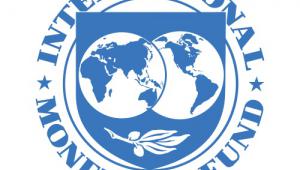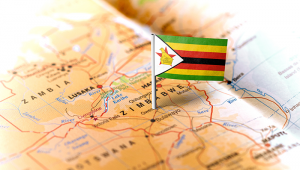Morocco will be able to access $1.73bn of the cash in the first year of the new deal. The arrangement is intended to provide Morocco with insurance against shocks while its government pursues economic reforms.
As with the previous two arrangements, Morocco’s government treats the line of credit as “precautionary” and currently has no intention to use the available cash unless the country “experiences actual balance of payment needs from a significant deterioration in external conditions”.
Mitshuro Furusawa, IMF deputy managing director and acting chair of the board, said that Morocco has made “significant strides” despite difficult global and region conditions, supported by its previous two credit lines.
Morocco’s macroeconomic and fiscal imbalances have improved and policy and institutional frameworks have been strengthened, including through the implementation of a new budget law, civil service pension reform, and ongoing improvements to financial sector oversight.
“Nevertheless, the economy faces significant downside risks,” continued Furusawa, highlighting geopolitical and security issues, slower growth in Morocco’s main trading partners, and global economic volatility.
He said the latter could significantly impact Morocco’s economy through higher oil prices, disruptions to export and tourism revenues, remittances and capital inflows, or higher borrowing costs.
The line of credit opened by the fund will provide insurance against these risks, while the government works to further strengthen its fiscal and economic position and build the foundations for higher and more inclusive growth, he said.
Furusawa said this should be done by continued spending control and tax reforms, completing implementation of the civil service pension reform, and “careful fiscal decentralisation”.
“Continued reforms to improve the business climate, competitiveness, and labour market policies will be essential to increase potential growth, reduce persistently high unemployment levels, especially among the youth, and increase participation of women in the labour force,” he added.













